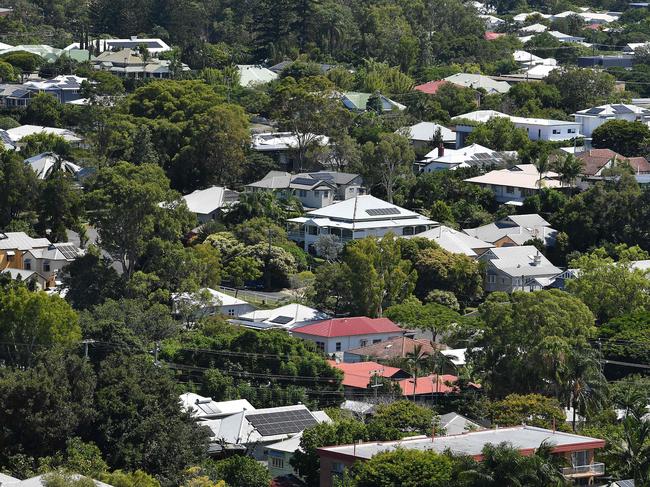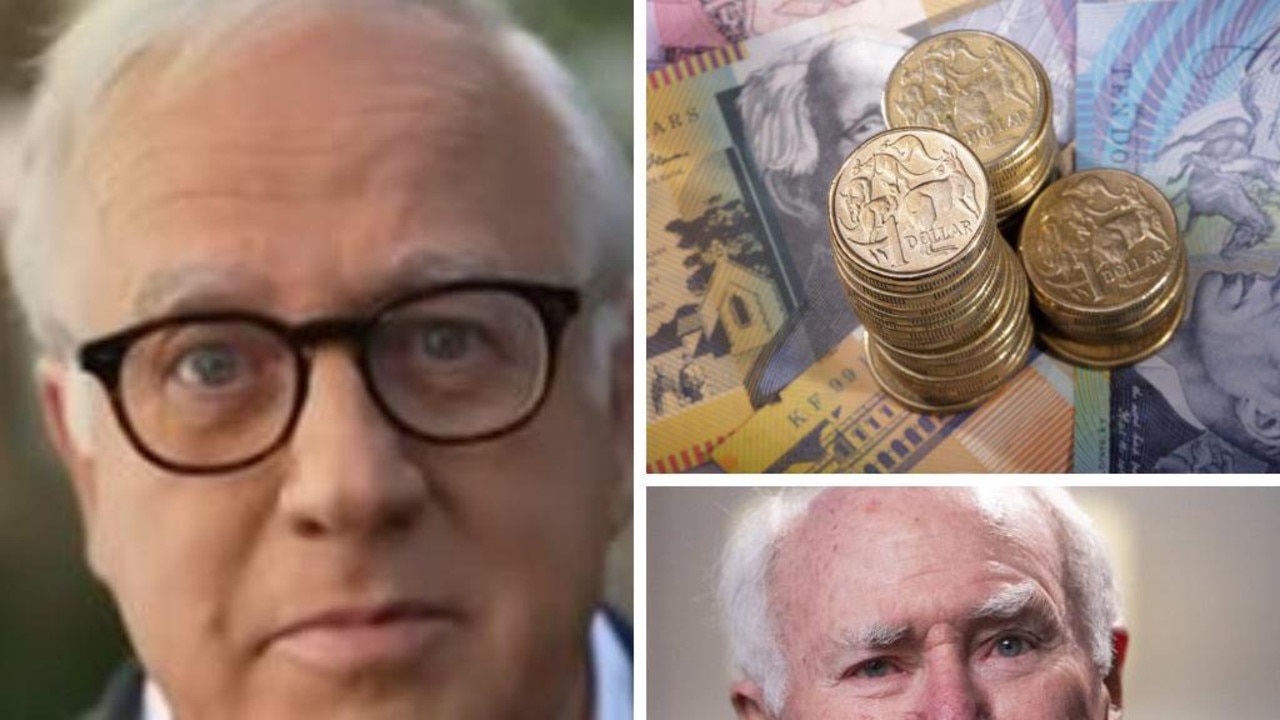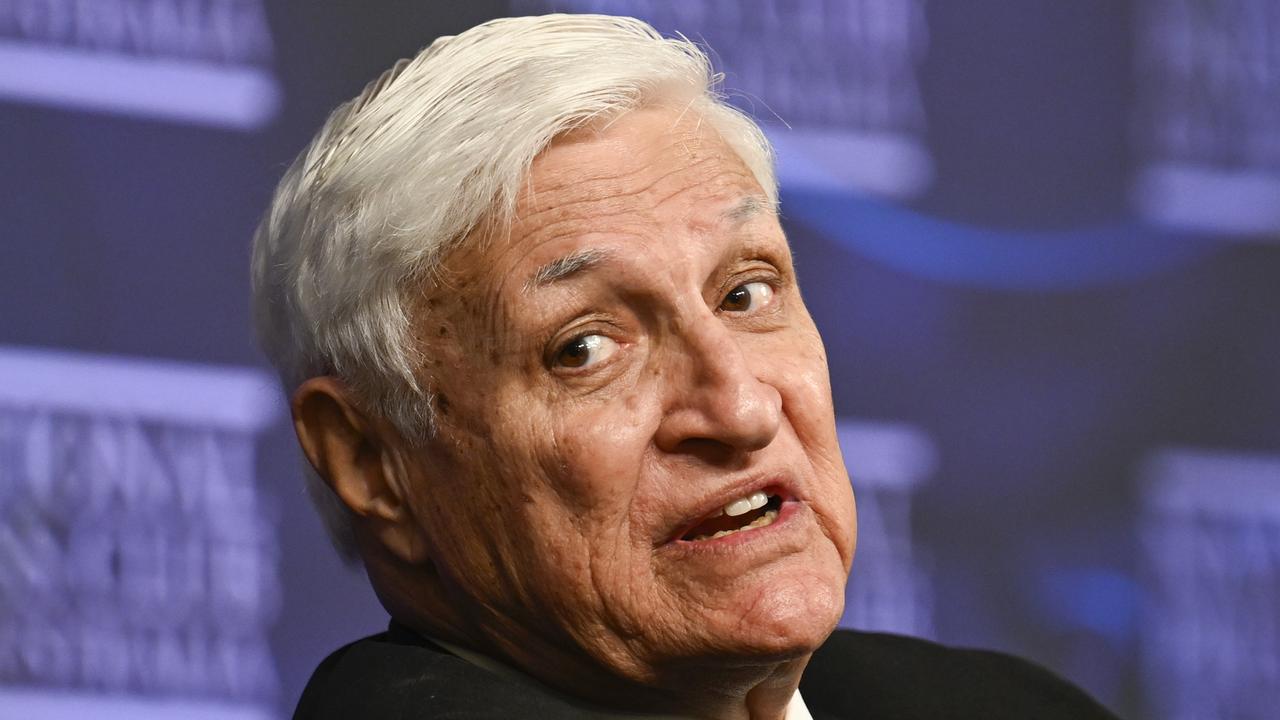Anthony Albanese marks one year in office as experts weigh in on his likely next moves
As Anthony Albanese marks one year in Australia’s top job, experts have weighed in on his likely next moves and what he’ll need to do to win another election.

Leaders
Don't miss out on the headlines from Leaders. Followed categories will be added to My News.
As Anthony Albanese marks one year in office on Sunday, he’s likely to have already set his mind on how to win over Australians for a second time when the next election is held sometime before the end of 2025.
The Prime Minister has enjoyed a honeymoon period that’s arguably lasted longer than expected, with successes including returning the budget to a small forecast surplus, action on women’s equality, emissions reduction promises, cheaper medicines and early childhood education.
He’s also made progress on repairing Australia’s international relationships, capping off his final week of his first year in the top job by jetting off to Hiroshima for G7 summit, after being invited as Japan’s guest to the meeting of the world’s largest advanced economies.
But he’s about to enter crunch time at home, as he stares down a challenging second year in office with a number of domestic political struggles looming large.
Experts say Labor will need to convince voters the party can help them weather the ongoing economic storm as they predict housing affordability to emerge as a flashpoint at the next federal election.
Right after his government’s second federal budget was handed down, Mr Albanese recorded a bump in the most recent Newspoll, conducted for the Australian newspaper and published last Monday, which showed his net approval rating had gone up three points to 19.

Opposition Leader Peter Dutton’s net approval improved by four points, though he still trailed behind the Labor leader with a net approval rating of negative 15.
Reflecting on the boost in the opinion polls, former Labor strategist Kos Samaras said Labor had enjoyed a pretty successful first year in office but the party was on the precipice of the most difficult part of the parliamentary term.
“And that’s because there will be a need from the community and from voters for significant reform in a number of places, for people to have a sense that this government is going to tackle some of the biggest existential issues facing them,” he said.
Former Labor strategist Kos Samaras said many Australians would give Mr Albanese a tick of approval so far and say “so far, so good, but now we want to see some pretty significant steps forward” particularly towards addressing housing affordability and the cost of living.
“Many people wanted to go into the housing market, buying homes that they want to live in (that are) not necessarily social, public or community housing,” he said.
He added some 800,000 mortgage holders would be moved from fixed rates to variable loans come October.
“What that looks like, politically, we’ll have to see,” he said.
“But the Albanese government would have to be acutely aware of an impending pending financial tsunami that’s going to hit many outer suburban areas, particularly in Melbourne and Sydney but also in Brisbane and Adelaide.”

Even though the economy is expected to pick up and inflation forecast to wane to a more manageable level before the next federal election, Mr Samaras said he didn’t think Australians’ housing and financial challenges would have improved markedly over the same period.
“The low target strategy (Labor) took to the last election was strategically obvious, But I think now, the Australian public will be wanting to see from this Labor government, some fairly significant nation building policies,” he said.
The Australian National University’s Ian McAllister, who researches Australian political science, said at the next election Mr Albanese would be judged on the way he managed the economy especially given Scott Morrison’s unpopularity and the pandemic wouldn’t come into play again.
“For younger people in particular affordable housing is the major issue. So in terms of policy initiatives … we do need to have some initiatives on housing,” he said.
“They’re not going to be able to show that economic performance is good in 18 months time, but showing (voters) that there’s policies they’re putting in place which are going to create prosperity in the future. I would have thought that’s really important.”
Labor has a number of housing policies it took to the election which it is seeking to enact this term, including its $10bn Housing Australia Future Fund for social and affordable homes as well as an accord with the states and the construction industry in an effort to free up more investment for private housing stock.
But Mr Albanese is facing internal revolt from rank-and-file members to rethink the party’s housing policies ahead of Labor’s national conference in Brisbane in August including to limit negative gearing to prevent distortion of the property market.

Mr Albanese week hosed down suggestions Labor would curtail tax breaks for Australians who own investment properties as he sought to shut down debate within the party over its housing policies.
The government’s position on housing tax concessions hadn’t changed from the policy platform Labor took to the election last May, he said.
In 2021, Labor dumped former leader Bill Shorten’s policies of limiting negative gearing to new properties only and halving the 50 per cent capital gains tax deduction after voters rejected the party at the 2019 and 2016 elections.
Mr Albanese has also ruled out scrapping the contentious stage three tax cuts despite calls for them to be pared back or ditched in order to save the government money.
Professor McAllister said he thought Labor was very risk-averse and “hypersensitive” to the allegation that they were breaking election promises.
“I think they’ll be completely risk averse in terms of policies,” he said of his prediction for Labor’s plans at the next federal election.
“They’ll largely rely on their performance over the previous two and a half years and the fact that the Liberals will probably not look like a very good bet for putting into government by then.”
Mr Albanese is facing a battle in implementing arguably his most contentious policy out of a platform that largely played it safe — enshrining an Indigenous Voice to parliament and the executive government in the Constitution.
A number of major sporting bodies have this week thrown their support the Voice as the Yes and No camps begin to mount their respective campaigns in earnest.
But only time will tell if Mr Albanese can get a majority of Australians in a majority of states on board with the vision before the referendum is held sometime in the final three months of the year.
Originally published as Anthony Albanese marks one year in office as experts weigh in on his likely next moves


